
I’ve always been a visual learner, and I’ve always liked to teach. I have a passion for helping those with neuropathy, and challenging the status quo in regards to it. Putting all these together, I’ve come up with the concept of the mobility triangle. Why? Well, before I was trained in the treatment of neuropathy I was of the same belief as many in medicine that nothing could be done. However, I have learned that nerve function has a lot to do with your mobility.
During the past 14 years I’ve had the opportunity to extensively study about and receive training on restoring more normal nerve function by doing nerve decompression procedures. The potential benefits of these procedures outweighs anything I’d previously encountered as a doctor for patients suffering form neuropathy. Having nerves that function better can affect you in very significant ways. Before my exposure to these nerve procedures I was only able to help with foot pain itself, not in treating the underlying cause of the pain. Yes, pain does affect your mobility. With pain in your feet or legs you don’t want to move around much, but eliminating foot pain doesn’t increase your mobility nearly as much as improving the nerves themselves.
So now for the triangle concept. The triangle is composed of three factors: numbness, strength, and pain. Remember, nerves that are not performing optimally affect all three.
-
Numbness:
Without good sensation in your feet you are not going to want to ambulate as much. It’s difficult to feel the irregularities in the surfaces you walk on, and you’re more likely to fall. Walking on a mountain trail, for example, is an activity you may choose to avoid.
-
Strength:
When strength is an issue, walking is obviously effected. You may not be able to push of the ground with your feet as well or lift your feet off the ground (drop foot). Falls become more probable. Again, no motivation to walk on that mountain trail, or even sidewalks for that matter.
-
Pain:
Yes, pain! The burning, tingling, and nerve pain keep you from sleeping well, and often get worse with activity, so once again, no maintain trail for you.
Now let’s look at the mobility triangle with each of these three points. Simply stated, if any one of these three factors of pain, strength, or numbness is affected, it will tend to affect one or both other factors. Obviously to function well all three have to be working optimally.
For example, if you’re experiencing nerve pain you may become less active. This has a negative impact on your strength, making you even less active, and then your muscles become weak. You may even become diabetic, and your feet may eventually start to go numb. Or, you may have a lot of numbness, making it hard to walk and balance, and you become even weaker. This lack of activity can cause weight gain, which can lead to more arthritis in the knees hips and back. And so it goes. Each of these factors are important and have an impact on your general health in a big way.
It’s a simple concept. But I think it’s a good way for you to understand the importance of your nerves, and the role they play in the lower extremity and your general health.
Now for your next step. Imagine a way to reverse these problems. Imagine the potential to improve your mobility triangle. This is what you’re not being told. What you are told is to take drugs, live with it, nothing can be done, and/or it’s probably your back.
Few in medicine, aside from us, are looking at the optimum function of your lower limb in terms of maximizing nerve function. However, medicine is in the midst of being challenged with this concept.
Some of the research we are doing will help in these efforts. That’s good news for you! So, keep learning and we’ll keep researching and working to give those with mobility issues more hope. Our goal is to make your lack of mobility a memory.


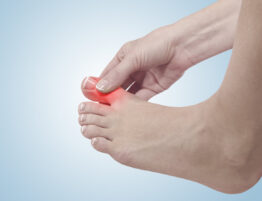

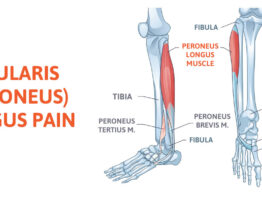
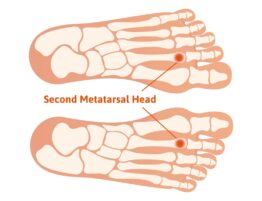
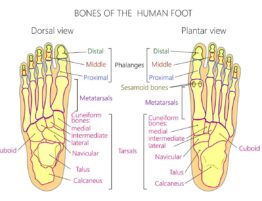
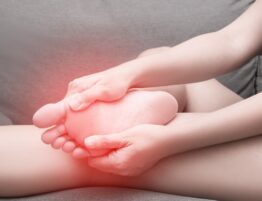
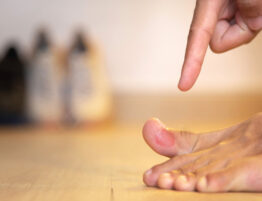
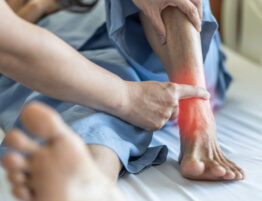
Write a comment: